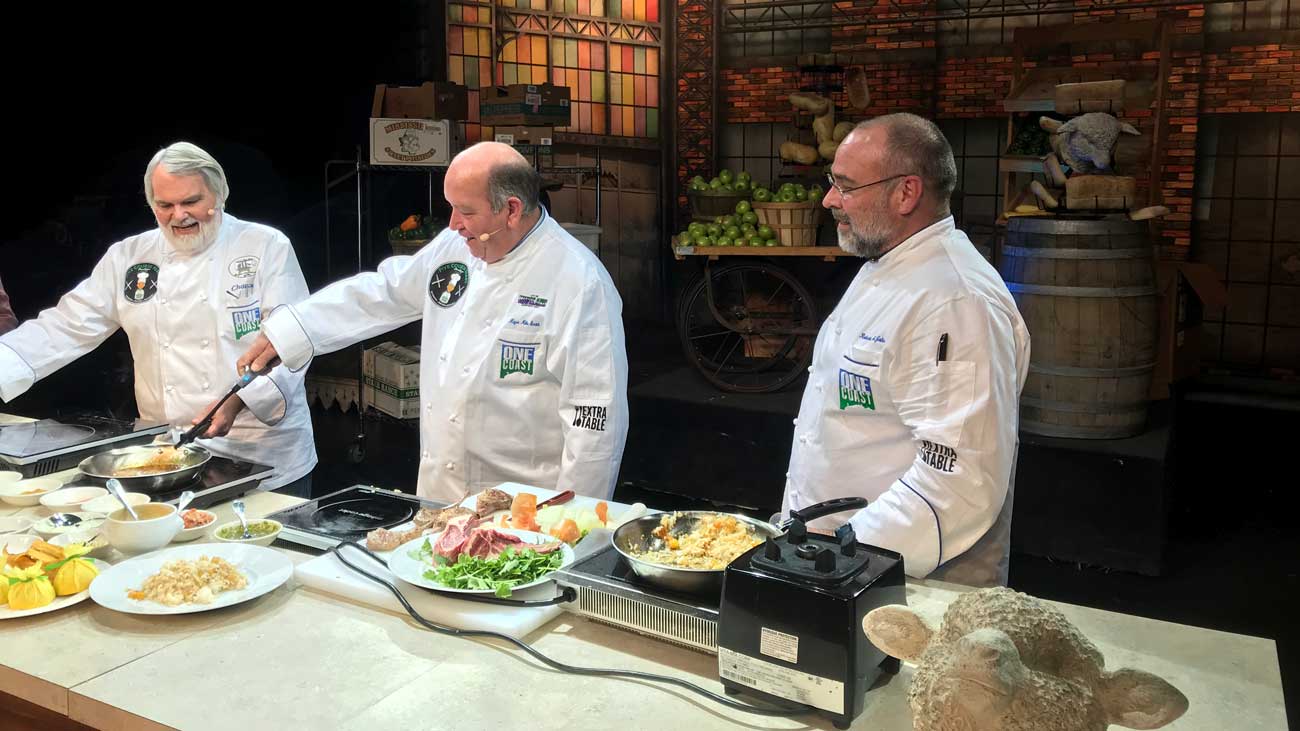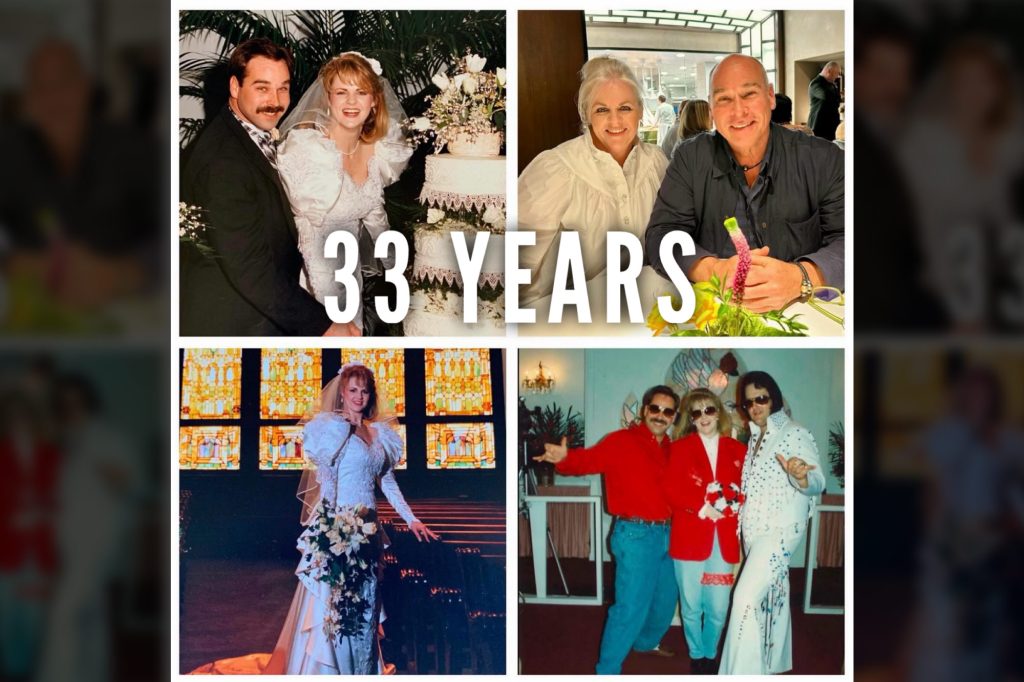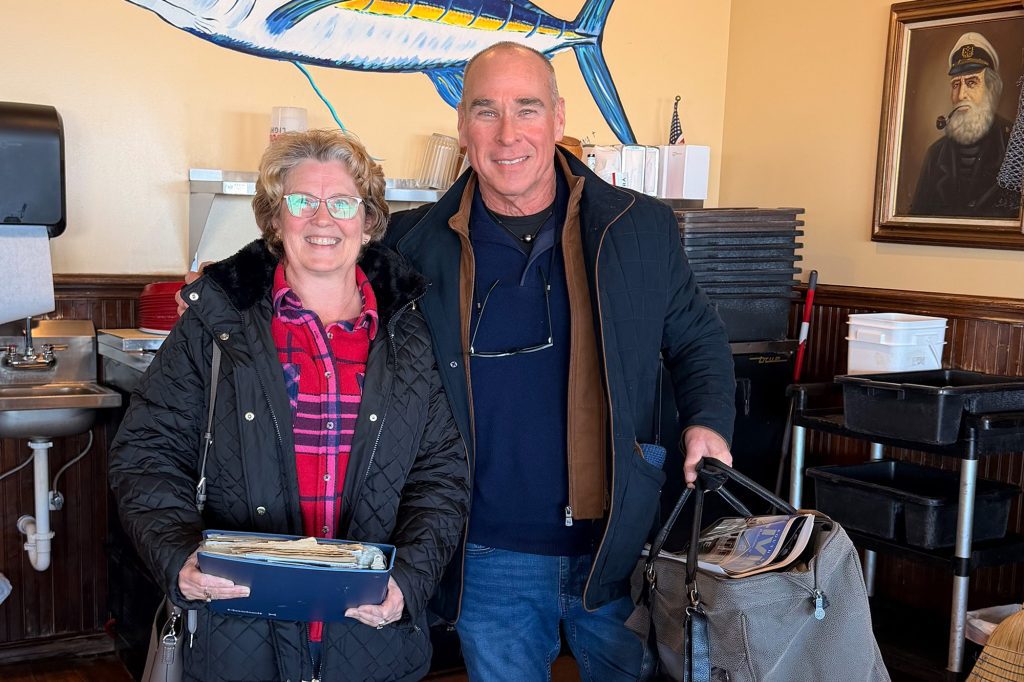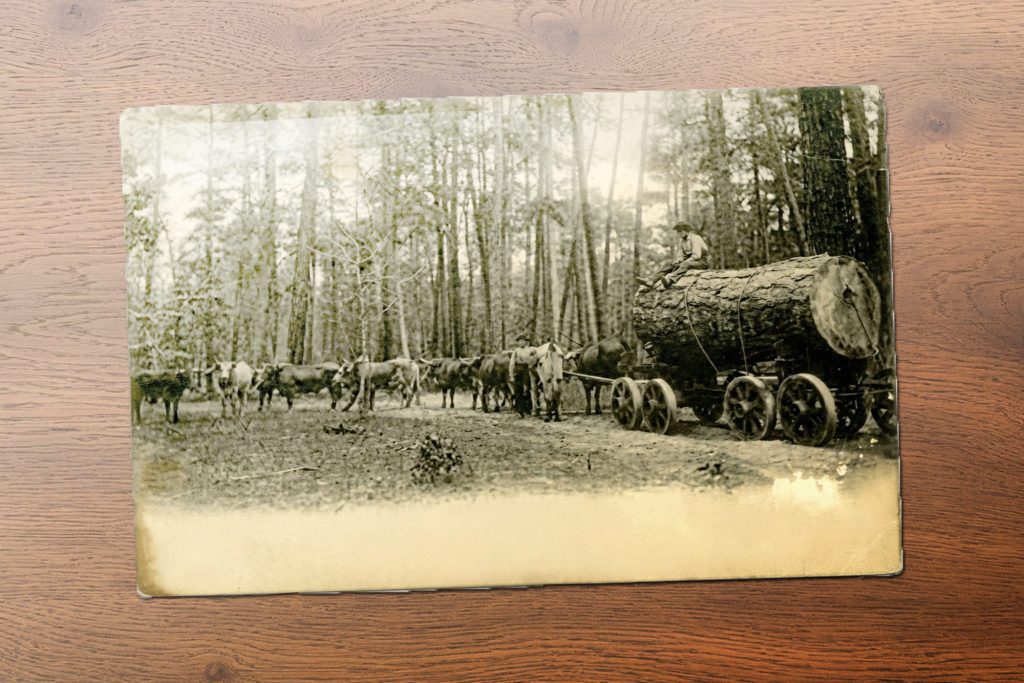In the upcoming days you are going to read a lot about offshore drilling, oil slicks, and preventative measures that can be taken to prevent future spills. Do we need to drill offshore? If not, what do we do with the 3,500 oilrigs off of our nation’s coasts? If we take away that production (about 1/3 of our usage) where will we get oil?
I look forward to participating in that debate. But for the moment, what I most look forward to is someone stopping all of this oil from gushing deep under the ocean’s floor into the Gulf of Mexico. Now.
I worry about the fragile ecosystem in the Gulf marshes. I worry about the already deteriorating wetlands just a few hours south of my hometown. I worry about the long-term consequences to our country and it’s citizens in the aftermath of what appears to be the worst U. S. oil disaster in history.
But today, at this exact moment, I am worrying most about marine life and commercial fishermen— the men, women, and families, many of whom are third or fourth generation fishermen, who depend on the Gulf of Mexico for their livelihood.
My concern is not necessarily personal— at least not at this moment. It’s true, our restaurants purchase tons of fresh Gulf seafood every year. But we will still be purchasing tons of fresh seafood, most of it will still come from the Gulf, and it will all be safe. Everything west of the Mississippi River (where 77% of Louisiana’s seafood comes from) is open and the fishing is normal. At our restaurants we purchase fresh seafood from all over— Honolulu, Alaska, and even Australia. In these days of overnight delivery, the world is our oyster.
Today, my concern lies with the Mississippi and Louisiana fishermen, oystermen, and shrimpers and the men and women who broker their catch. I know these people well. Many of them have been associated with our restaurants for almost a quarter of a century.
These are the people who took a hammering in the aftermath of Hurricane Katrina and bounced back stronger than ever. Actually, it was just in the past year that we’ve noticed the kinks in the seafood chain had just gotten back to their pre-Katrina levels of quality, quantity, and consistency.
In the days after Katrina there were mostly material problems to overcome: Where will I live until I get another boat? Will the insurance company reimburse me for the entire amount of my boat? How soon will they build the docks back? When will the marina open? All were serious questions, but they were all relatively easy to answer.
The questions fishermen are asking themselves today have to do with the unknown, and it’s the unknown that gives one ulcers, especially when there is a family to feed.
This oil disaster happened at the worst possible time of the year— during spawning season. The fish are laying eggs. Yet it appears that it is oysters that will be most affected, they aren’t mobile. Fish and shrimp will swim away from danger. Crabs will be affected second most.
Fishing is 100% open from Grand Isle all the way west into to Texas and into waters farther south. The question is what next? How far east will the effects be felt? Again, it’s the unknown, and no one has an answer.
The one thing that is known and for sure is that this oil leek, or oil spill, or underground volcano, or whatever they want to call it has to be stopped as soon as possible. We wait and we pray.
We pray for the lives that were lost on the oilrig. We pray for the fishermen and seafood suppliers and their families, and we pray for the marine life in the Gulf.



